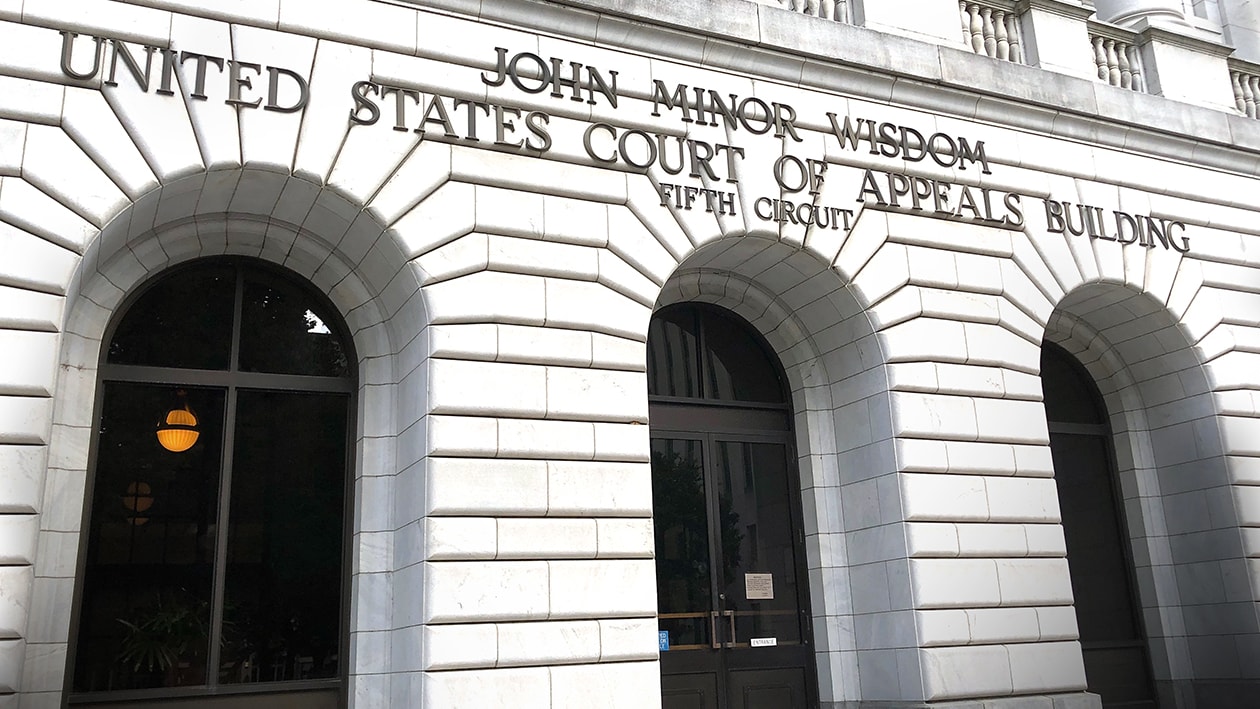A Fifth Circuit ruling upholding a Texas law that requires parental consent for under-age teens to access contraception gives validity to the argument that Republicans don’t know when to stop.
Emboldened by the conservative majority on the U.S. Supreme Court overturning Roe, conservative activists will keep pushing to curtail contraception cloaking it in the guise of parental concern for children.
For most Americans, this is a bridge too far. For the true believers, it’s a goal that they believe is within reach. Clarence Thomas, the longest serving justice on the Supreme Court, signaled after Roe fell that the right to contraception should be re-evaluated along with the right to same sex marriage.
It’s more of the same out of Texas, and another push toward the dystopia that overturning Roe made possible.
Texas state law already requires parental consent for minors, and for the last year, providers receiving federal money have followed Texas rules, anticipating the crackdown.
Conservative Trump-appointed judges are the driving force, and the goal is to get the issue of Title X, which funds free confidential contraception for teens, before SCOTUS as a violation of parental rights. The program has been in place since Richard Nixon was in the White House, with bipartisan political support.
Roe, Griswold and Obergefell, the landmark rulings that school children should learn about, codify individual freedom. They are derived from the doctrine of “substantive due process,” an implied right of privacy that Thomas and other conservatives say is not in the Constitution, and should therefore be subject to the same scrutiny that doomed Roe.
Justice Thomas calls himself an “originalist,” and conservative activists are doing all they can to tee up cases that could assemble the Court’s conservative majority to go beyond Roe and take up this unfinished business, whatever the political consequences.
The Trump appointee who initially ruled on teen contraception is U.S. District Judge Matthew Kacsmaryk, a religious liberty lawyer when Trump elevated him to the bench in 2019. As the only federal judge in Amarillo, Texas, he is a favorite of conservative activists who go judge shopping before they file a case because they know what they’re getting.
The case originated with Alexander Deanda, a father of three under-age daughters who is raising them “in accordance with Christian teaching on matters of sexuality, which requires unmarried children to practice abstinence and refrain from sexual intercourse until marriage,” according to his complaint. None of his daughters had sought contraception at a Title X clinic, but that didn’t mitigate his complaint, according to Kacsmaryk, who ruled in December 2022 that the federal program violated the father’s rights under the Due Process Clause of the 14th Amendment, denying him the “fundamental right to control and direct the upbringing of his minor children.”
It’s worth mentioning Deanda is represented by Jonathan Mitchell, the former Texas solicitor general responsible for putting in place the state’s abortion ban after six weeks of pregnancy.
Once you see who the players are, you get the idea of where this is going, together with the political strength and religious fervor behind these court cases.
On the three-judge panel that upheld Kacsmaryk’s ruling was another Trump appointee, Judge Stuart Kyle Duncan. He successfully argued the Hobby Lobby case before SCOTUS that allowed religious employers to exclude coverage for contraception in their health insurance plans.
Judge Duncan likened the parental rights statute in Texas to a fence around your home that helps you be a parent. The federal government comes in and says, “No more fence for you. Good luck. Maybe your daughters will listen to you. I hope they do, but maybe they won’t,’” he said. “How can we say that he [Deanda] is not injured by that?”
Liz Sepper, a law professor at the University of Texas at Austin, told the Texas Tribune before the Fifth Circuit ruling was handed down that the parental rights case resembled other cases conservative lawyers have brought to Kacsmaryk about sexual and reproductive health. “I think it similarly showcases a willingness to bulldoze over lots of precedent and lots of procedural arguments,” she said, adding that if it is upheld, as it was on Tuesday, it will serve as a “harbinger for things to come.”


